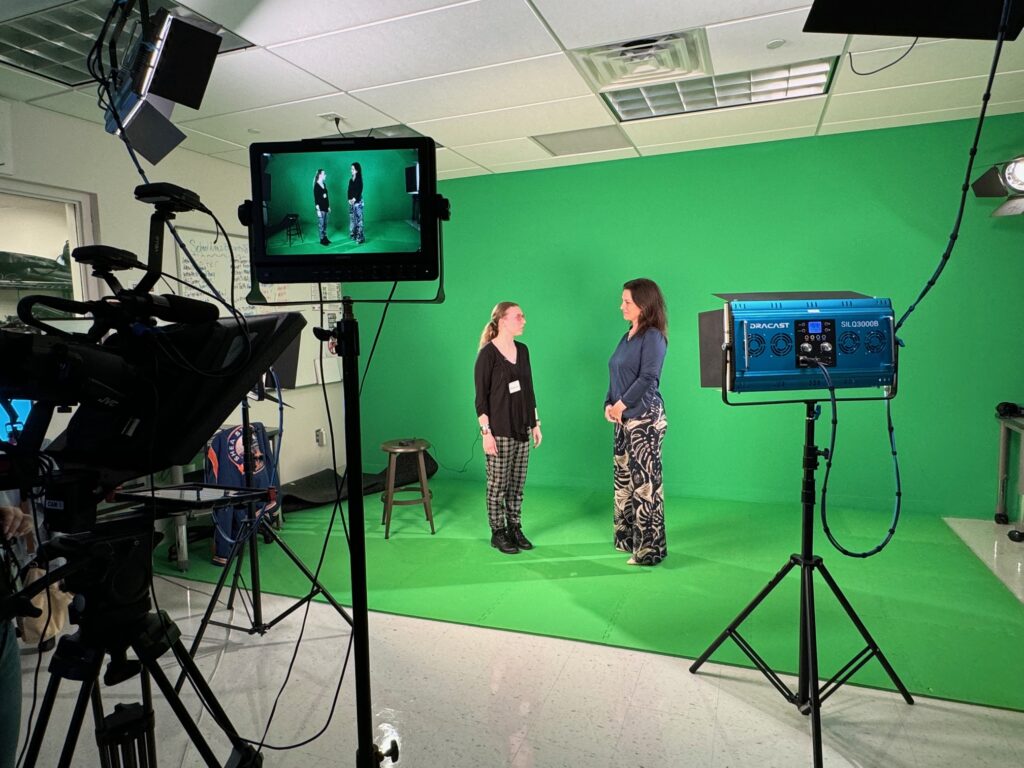Parenting is stressful for everyone but when you have a child with autism, that stress level can multiply quickly. If you have a child on the spectrum you are probably already familiar with the challenges of eating and sleeping issues, safety and elopement concerns, and emotional and behavioral meltdown worries, among the other things that make your life more complicated on a daily basis.
Research studies have proven two glaringly obvious facts that are not surprising to those who care for individuals with ASD. One is that the caregiving is significantly more stressful than for others with typically developing children or even those caring for individuals with other disabilities. The other fact is that stress is bad for our health. And when it comes down to it, the harmful effects including physical health problems, anxiety and depression of an overstressed parent carry over to your children or other family members you care for.

Some of the issues parents and families report relative to having a child with ASD are social isolation, challenging behaviors that create safety issues, disruptive sleep and feeding problems, and serious financial concerns.
So what can you do to help alleviate this demon of stress? While it’s true that “it takes a village” to raise a child, the village doesn’t build itself. Extended family can be helpful, but that’s not always the case, and sometimes their help is not available consistently due to distance or other constraints. So, the village needs to be cultivated by reaching out for support from your place of worship, local disability organizations, and your child’s school. And help and support don’t always need to be directly related to the child. Support can come in the form of individual or couples counseling for parents, support groups, or specific training to help better cope with challenges at home.
On the therapeutic front, researchers have also found that after six weeks of Mindfulness training, parents experience significant relief from stress, depression, and anxiety. Also, parents who participated in PAD (Positive Adult Development) reported feeling better able to cope with worry, conflict, and pessimism. Practicing acceptance about where your child is today and not focusing on where you want them to be down the road is a quick and powerful stress reducer (admittedly easier said than done). But, celebrating the small achievements, incremental gains, and “good days” without concentrating on the goals they have yet to achieve brightens one’s perspective.
 So reducing social isolation and building a support network is key. And family is often the first lifeline. But don’t stop there. The autism community and related organizations are growing and expanding like never before and exist to accept, encourage and support the children and families of those with autism.
So reducing social isolation and building a support network is key. And family is often the first lifeline. But don’t stop there. The autism community and related organizations are growing and expanding like never before and exist to accept, encourage and support the children and families of those with autism.
Shifting your focus to self-care as a priority for managing your child and family life is also crucial. If you have the time and resources to access proven therapeutic interventions like mindfulness or couples therapy, then start there. If not, or in addition, try to make time for support groups, exercise regimes, and meditation. Believe it or not, research has now shown that a meditation practice done consistently will have immediate and long-term benefits for both physical health and emotional well being. Not to mention, it’s FREE, and convenient because you can do it anywhere, at any time.
Here are some resources to get you started with outreach and family support organizations:
www.Nationalautismassociation.org/family-support/
www.myautismteam.com This is an online social network for parents of children with autism.
www.d4sk.org Stands for Dads 4 special kids where dads share their stories with other fathers.
www.autismspeaks.org has a Community and Support Network registry with resources listed by location.
And here are some resources to get you started with a meditation/mindfulness practice without leaving your house:
The HEADSPACE app has a free starter series that teaches you how to meditate with ten ten-minute daily exercises.
www.calm.com is a website as well as an app with free practices and tutorials available to work on at any level.
www.Gaia.com or the Gaia channel is a subscription-based streaming channel and app that offers a wide range of yoga and meditation practices.
Beth Mahaney has been a Clinician at Academy360 Lower School since 2012, but her interest in working with individuals with ASD began while she was still in college while working as an assistant teacher in a therapeutic nursery school for children with autism. She earned her Masters Degree in Psychology at NYU and is certified by the state of NJ as a School Psychologist. Before joining the S360 staff, Beth worked in the NJ public school system for 15 years. One of Beth’s claim to fame is that she was Lady GaGa’s Kindergarten teacher! When she is not working, Beth loves taking advantage of NYC’s cultural offerings, practicing Pilates, and hanging out with her three kids.


